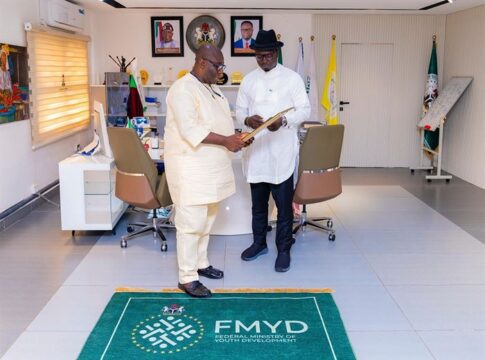The rift between Elon Musk and Donald Trump can be attributed to a fundamental clash of interests, primarily sparked by Trump’s proposed “Big Beautiful Bill.” This legislation aims to overhaul US tax and trade policies, focusing on reducing domestic taxes and imposing hefty tariffs on imports. Musk, a key figure in Trump’s inner circle, has vehemently opposed the bill, citing concerns over its potential impact on Tesla’s business and the broader electric vehicle industry.
Key Factors Contributing to the Rift:
- Trump’s Anti-EV Stance: Trump’s skepticism toward electric vehicles and climate initiatives directly threatens Musk’s core businesses, particularly Tesla.
- Tariffs and Trade Policies: The proposed tariffs on imports could disrupt global supply chains, increase costs for Tesla’s production, and make its vehicles less competitive.
- Elimination of EV Subsidies: Trump’s plan to eliminate EV subsidies previously bolstered under the Biden administration undermines Tesla’s business model.
The Fallout:
The public feud between Musk and Trump has led to a significant decline in Tesla’s stock value, with a 17% crash erasing approximately $10 billion in market value. Musk has taken to social media to rally support against the bill, even hinting at forming his own political party to counter Trump’s influence.
READ MORE: Rwanda Expels Belgian Diplomats in Diplomatic Showdown
Lessons to Glean:
- Power Dynamics: The feud highlights the complexities of power dynamics between influential figures and the potential consequences of their conflicts.
- Uncertainty and Market Impact: The clash demonstrates how uncertainty and policy changes can significantly impact global markets and industries.
- Importance of Adaptability: Businesses must be prepared to adapt to changing policy landscapes and navigate complex relationships with influential figures.
Broader Implications:
The Musk-Trump feud has far-reaching implications for the tech industry, global markets, and the future of electric vehicles. As the situation continues to unfold, it remains to be seen how this clash will shape the business landscape and policy decisions.




